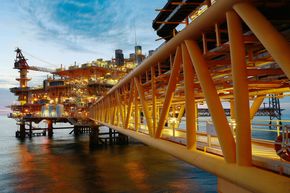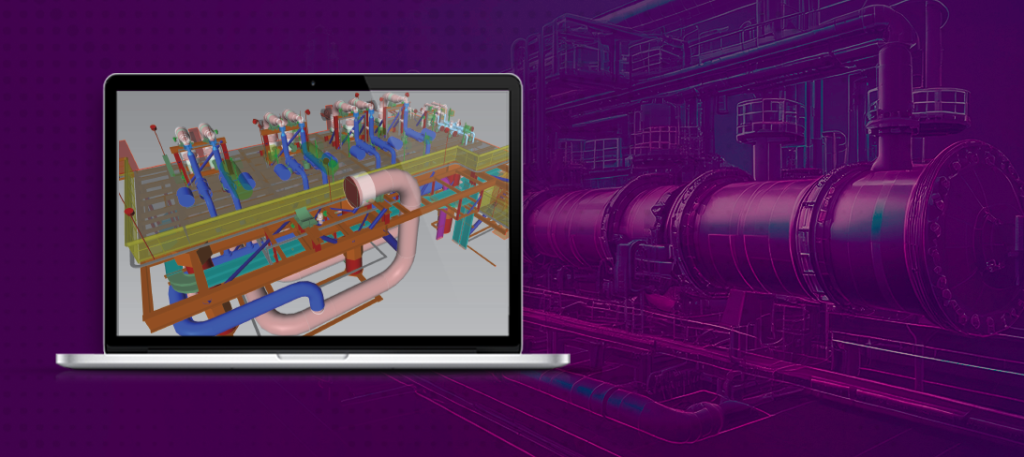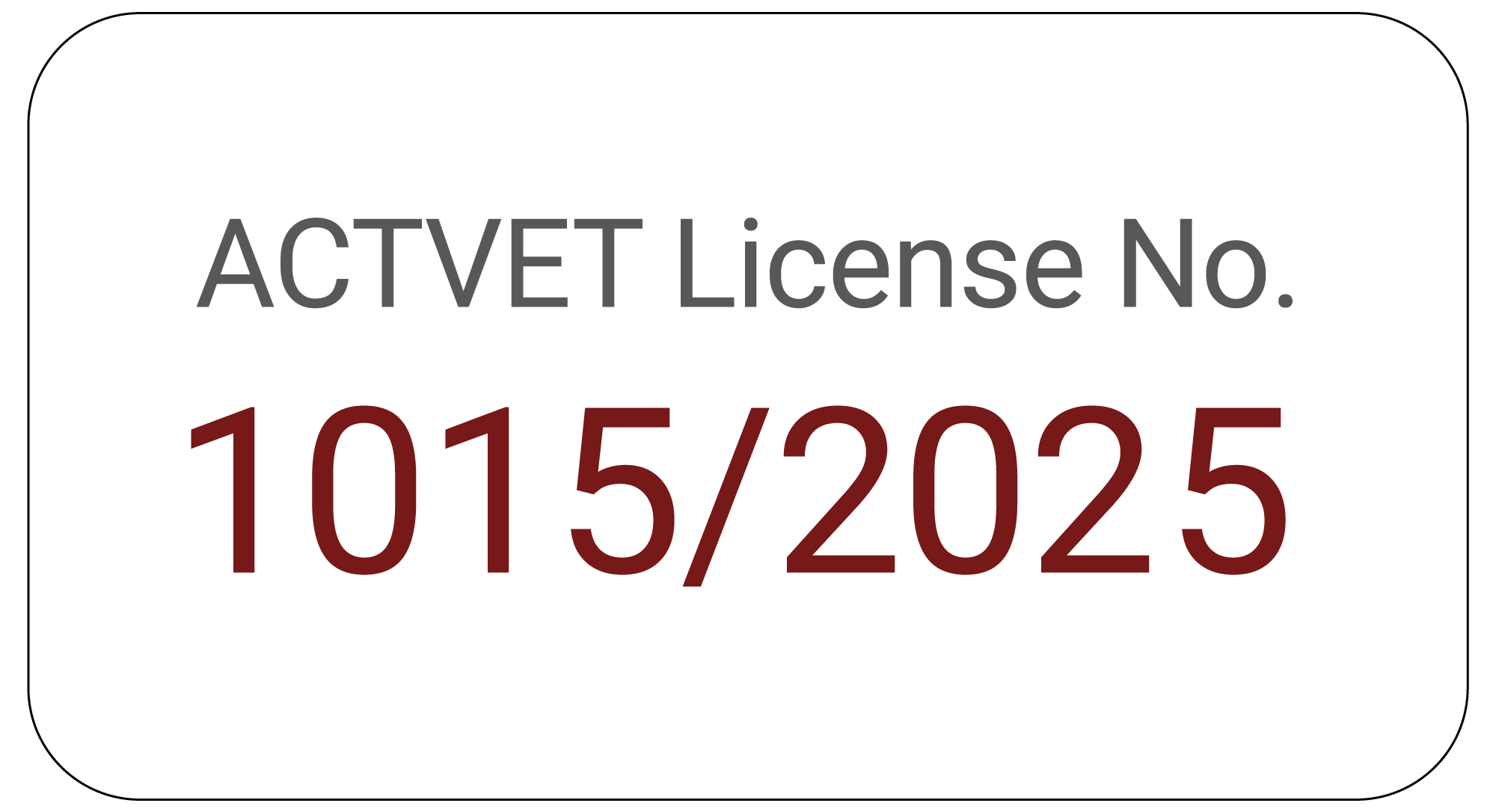Velosi is conducting a free webinar on “AIV/FIV Approach & Case Study Presentation in Accordance with Energy Institute (EI) Guidelines” on Sunday, 2nd March 2025 from 2:00 pm to 4:00 pm GST (Dubai Time).
Learning Objectives
Two essential phenomena known as Acoustic Induced Vibration (AIV) and Flow-Induced Vibration (FIV) present substantial threats to industrial plants’ operational reliability and safety within the energy sector. The combination of high-pressure piping systems and high-velocity gas flow together with pressure fluctuations and turbulence around pressure safety valves and relief systems create pressure variant vibrations. Which results in fatigue failures, operational risks, and structural damage. Moreover, preventing costly downtime with simultaneous reduction of environmental damage and safety hazards depends on understanding both AIV and FIV mechanics and implementing successful mitigation measures.
Join our webinar to explore how AIV and FIV risks can be effectively identified, assessed, and mitigated using industry best practices in line with Energy Institute (EI) Guidelines. Gain insights into Power Level (PWL) calculations, Likelihood of Failure (LOF) assessment, and strategic design modifications to enhance piping system reliability.
This session will feature an in-depth case study, demonstrating real-world applications of AIV/FIV mitigation strategies and best practices, ensuring compliance with Energy Institute (EI) Guidelines and improving overall asset integrity.
Key Aspects
- Understanding AIV/FIV mechanisms and their impact on piping systems.
- Identifying locations affected by AIV and implementing effective mitigation strategies.
- Calculating Power Level (PWL) for valves as per Energy Institute (EI) Guidelines.
- Assigning Likelihood of Failure (LOF) scores for proactive risk management.
- Case study presentation demonstrating successful AIV/FIV risk mitigation.
- Compliance with industry standards and best practices for vibration-induced failure prevention.
Who Should Attend?
- Piping and mechanical engineers involved in high-pressure system design.
- Asset integrity and reliability professionals ensuring system performance.
- Project managers and HSE specialists responsible for operational safety.
- Inspection and maintenance personnel working on pressure systems.
- Researchers and students in fluid dynamics, mechanical, and structural engineering.
- Industry stakeholders focused on compliance and risk mitigation in piping systems.
Certificate of Training
A certificate will be issued upon completion of the webinar.
𝐑𝐞𝐠𝐢𝐬𝐭𝐞𝐫 𝐍𝐨𝐰:
https://us06web.zoom.us/webinar/register/WN_mNya3Rl4Q_KPP3FydSd3Cw





